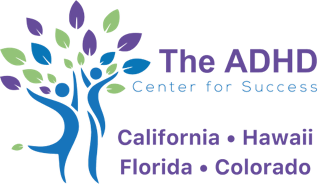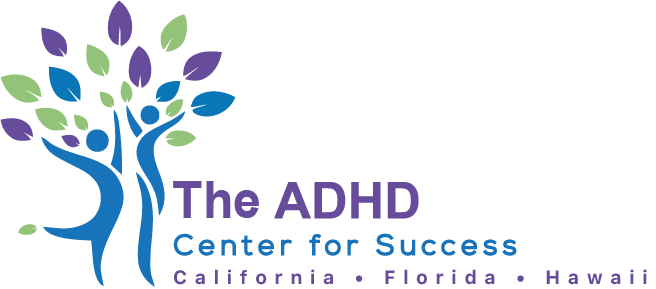To better understand what makes our evaluations at the ADHD Center unique, it will help to understand how our evaluations differ from a Neuropsychological Evaluation or a Psychoeducational Assessment.
If you are not sure which assessment is right for you, contact us and we will help you determine what best fits your needs, and provide you with referrals if requested, to obtain an alternative assessment.
Psychoeducational Assessment
Psychoeducational testing typically involves a comprehensive assessment of a student’s cognitive, academic, and socio-emotional functioning. Tests usually are standardized such that students’ scores are compared to other students of the same age and gender. Psychoeducational testing is typically performed by school psychologists or other learning specialists who usually work directly in schools. Students often are referred for an assessment by their teacher, psychologist, or physician based on concerns related to learning or underperformance in school or on standardized tests. These evaluations typically include formal assessments of a student’s intelligence (IQ) and academic achievement in addition to behavioral observations from the student’s teacher and parent, and depending on their age, the student as well. Psychoeducational assessments seek to understand a student’s general learning style, and then guide the development of classroom accommodations and supports from an educational perspective.
Psychoeducational assessments do not specifically evaluate for ADHD and do not obtain the level of data needed to fully assess, diagnose, and provide treatment recommendations for ADHD. A school psychologist may identify a student having difficulty with attention, concentration, and memory through psychoeducational testing, but cannot diagnose ADHD because it is considered a health disorder.
Our Evaluations provide a diagnosis of ADHD if appropriate, as well as recommendations for accommodations in the classroom, to support obtaining a 504 or IEP to best support the student throughout their academic experiences.
Neuropsychological Evaluation
Neuropsychological evaluations examine how an individual’s brain functions and how that functioning impacts their behavior and learning. They are administered by a neuropsychologist, which is a psychologist who specializes in understanding the relationship between the physical brain and behavior. Neuropsychological evaluations are typically much broader in scope than psychoeducational assessments and thus usually take longer to administer (typically 6-8 hours over multiple sessions, depending on the person’s age and referral question). Like psychoeducational assessments, neuropsychological evaluations typically include assessments of intelligence and academic achievement but also include formal assessments of the specific domains of cognitive functioning that are controlled by different regions of the brain, such as executive functioning, visual-perceptual abilities, information processing, attention and concentration, learning and memory, language, adaptive skills, and fine motor skills. Some areas of concern that may lead to making a referral for a neuropsychological evaluation include a brain injury or condition that may affect a person’s brain functioning, including symptoms or complaints involving memory, attention/concentration, sudden changes in mood and behavior or periods of disorientation or confusion. This may be due to any of a number of medical, neurological, psychological, or genetic causes.









